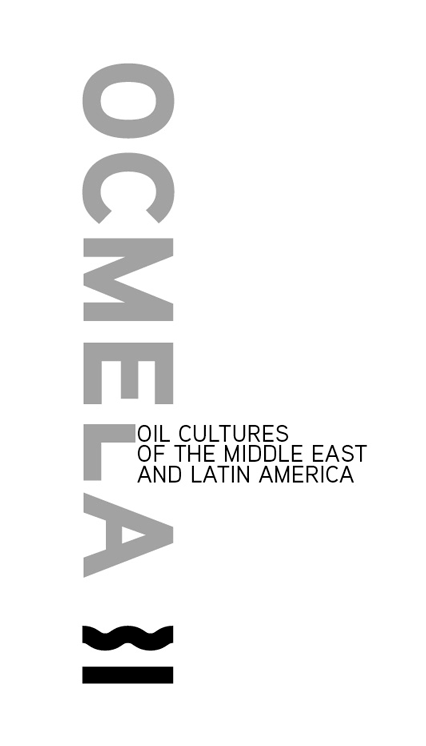
Manuel Silva-Ferrer
Back to list
Manuel Silva-Ferrer is a researcher of contemporary Latin American culture. He is currently a Visiting Professor at the Universidad Autónoma Indígena Intercultural del Cauca, Colombia, as part of a project of the German Federal Ministry for International Cooperation (BMZ). His work has focused on the study of cultural processes related to politics, migration and globalization at the beginning of the 21st century, as well as on the cultures of oil and environment in Latin America from a historical perspective.
Besides his academic work, Silva-Ferrer has also extensive experience in the fields of culture and media. Since 2018, he has been executive editor of the influential Venezuela-focused magazine Trópico Absoluto. This project builds upon his previous years of work in Venezuela. There, he performed the roles of Director of Communications of the National Cinematheque, General Director of Cinematography of the National Council of Culture, Member of the Board of Directors of the National Center of Cinematography, and Director of the Latin American photography magazine ExtraCámara.
He was also a founding member of the National Center of Photography and co-authored Venezuela’s 2005 film legislation. Silva-Ferrer is the author of the book El cuerpo dócil de la cultura (The docile body of culture) (Frankfurt am Main/Madrid: Iberoamericana-Vervuert 2014), which explores the relations between oil, culture, and politics in Venezuela at the beginning of the 21st century, and is currently preparing the edited volumes Los paisajes del subsuelo. Configuraciones, narrativas y espacios en las culturas del petróleo (Landscapes of the Subsoil: Configurations, Narratives, and Spaces in Oil Cultures); and Movement, Transit, Displacement: Critical Approaches to the Venezuelan Diaspora.
Silva-Ferrer is coordinator of the research colloquium (Re)thinking Venezuela, which is produced in partnership with Cornell University. He is also a member of the interdisciplinary research group OCMELA (Oil Cultures of the Middle East and Latin America).